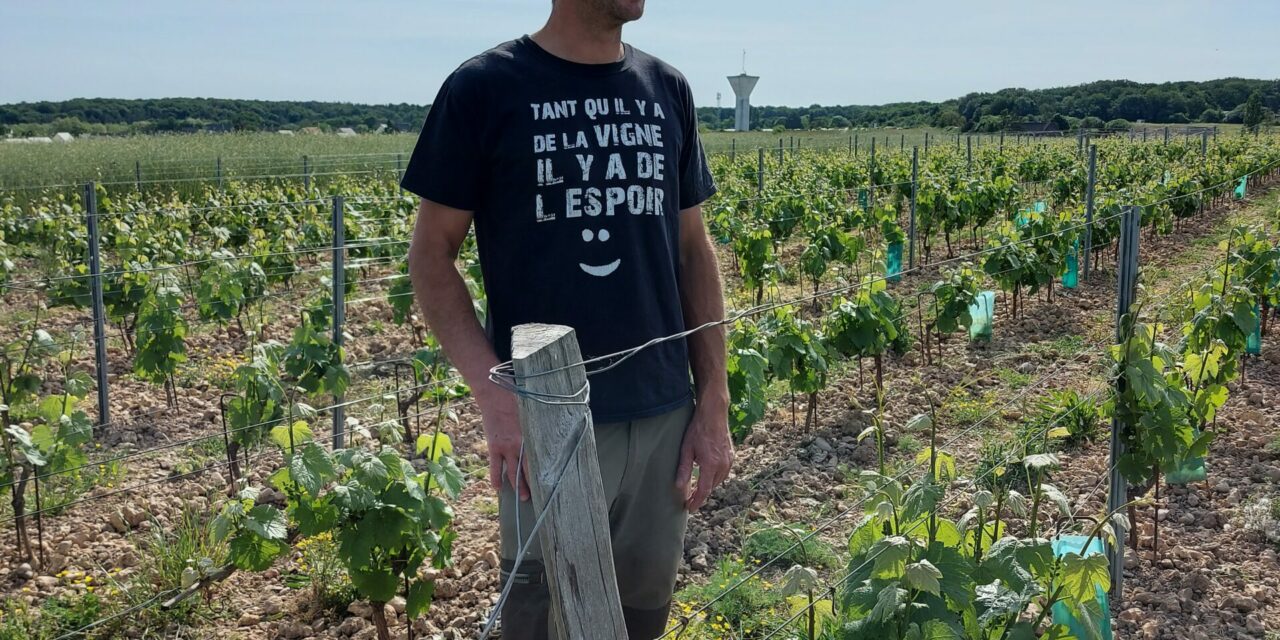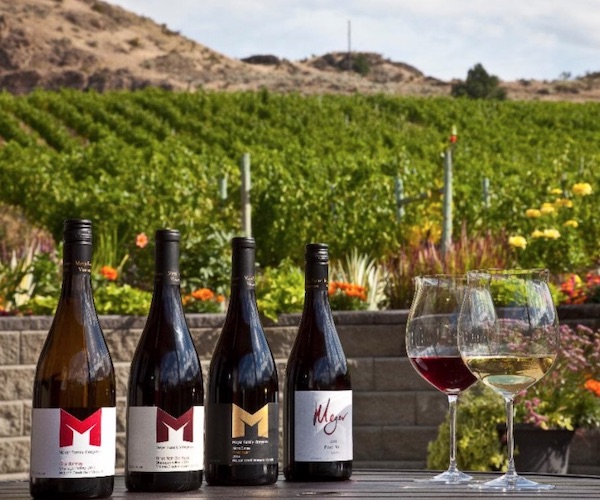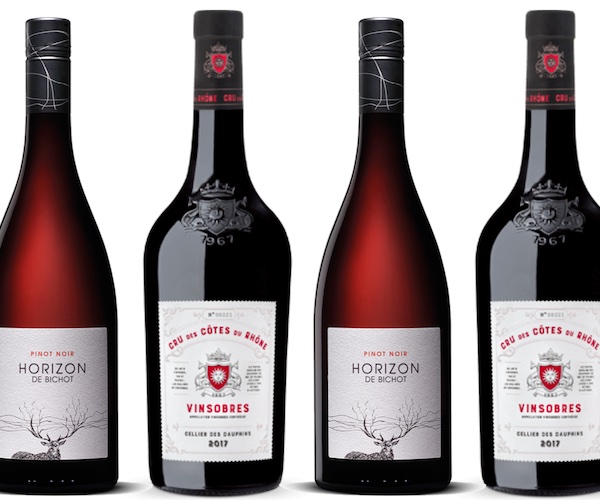I first encountered natural wines some fifteen years ago. My husband and I were living in the Rhône Valley at the time, and we had gone up to Paris for the weekend. A friend insisted we try a popular new wine bar.
The sommelier arrived in an old band t-shirt and jeans, a far cry from the traditional Parisian sommelier outfit for the time. He waxed lyrical on his wine list and insisted that we let him choose a selection of bottles for our table.
One by one the wines arrived, murky and brown, some oddly fizzy or sour, with flavours of crab apple, stale beer, or barnyards in desperate need of sanitation. The sommelier scoffed at our displeasure, explaining that we simply hadn’t “understood the winemakers’ philosophy”.
After paying the exorbitant bill, we trudged out befuddled and vaguely annoyed. The sommelier was slouched against the wall, smoking (after his half hour monologue on the benefits of “pure”, additive-free wines). Having gathered that we knew a little about wine, he asked where we worked, so we named the Southern Rhône winery. “Ah”, he said, his voice dripping with distain, “conventionelle” and slunk back into the restaurant.
Eight years later, we left France for Montréal. My husband, a staunch Frenchman, was very nervous about sustenance in this new land. How would he survive without his baguette and cheese? Where would he get a great bistro meal?
I convinced him that Montréal has a vibrant food scene with incredible local cheeses, great bakeries (often owned by French immigrants), and above all, excellent restaurants. Upon our arrival, I made it my mission to take him to some of the city’s coolest eateries and, to my horror, they all had just one style of wine on the menu… natural.
Most wine lists didn’t even bother to specify the style, or even the grape for that matter. They just listed the producer’s name, followed by a vast geographic mention (ie. Vin de France, Slovenia, Austria), and a vintage. If you asked for more information, the sommeliers invariably looked aghast and came out with unhelpful and condescending remarks like, “you don’t know Domaine Dumont???”.
If you have read this far, you may be thinking that I am a natural wine hater (cue the cancel button). In fact, this is far from the case. Many of the most compelling, balanced, textural wines I have tried in my lifetime have been natural or very close to it. The movement has done a lot of good for the wine industry, bringing the focus back to the vineyards and away from winemaking corrective aides.
Yet, it is incredibly difficult to make good natural wine. Minimal intervention is a misleading synonym, when you think about the diligence required in the vineyards to produce healthy, ripe grapes, and the effort required to maintain a pristine winery environment, free from harmful bacteria and yeast.
What irked me about the early days of natural wine was the shockingly low-quality bar by which many were judged. No matter how oxidized, or volatile, or mousy, if the wine came from a small, organic estate and was additive-free, it was good. And if you didn’t like it, you were a philistine.
Thankfully, this “anything goes” approach to natural wine sales is abating in better wine bars and restaurants. One famous local restauranteur recently admitted that, when the trend for natural wines began, he gave his young sommelier free rein to stock the cellar, not realizing how short the shelf life was on many of these bottlings. As case after case turned to undrinkable vinegar, he realized that they needed a far more discerning approach to their natural wine selections. This tale, he assured me, was playing out across Montréal’s dining scene.
Mesmerizing, age-worthy natural wines have always been around. What has changed, is how many more of this calibre there are nowadays. And, that these superior wines are finally edging out their more questionable counterparts on wine lists and store shelves.
There is still a thriving audience for the funkiest of natural wines and that is as it should be. The greater the stylistic diversity within wine, the better for consumers. But for my palate, it is natural/ low intervention wines like the following five, that define the great heights natural wine can attain.
Top five recently enjoyed natural wines from France:
- Pierre Frick Pinot Gris de Macération Alsace 2019
- La Soufrandière, Bret Brothers « La Combe Desroches » Saint Véran 2020
- La Grange Tiphane « Les Epinay » Montlouis-sur-Loire 2020
- Stéphane Tissot « Les Bruyères » Arbois 2019
- Mee Godard Morgon Corcelette 2018







